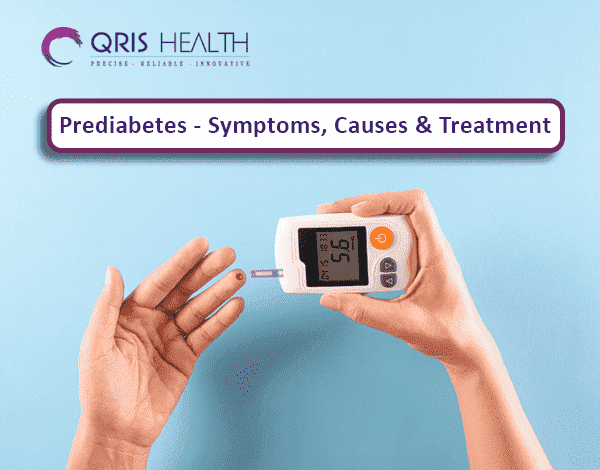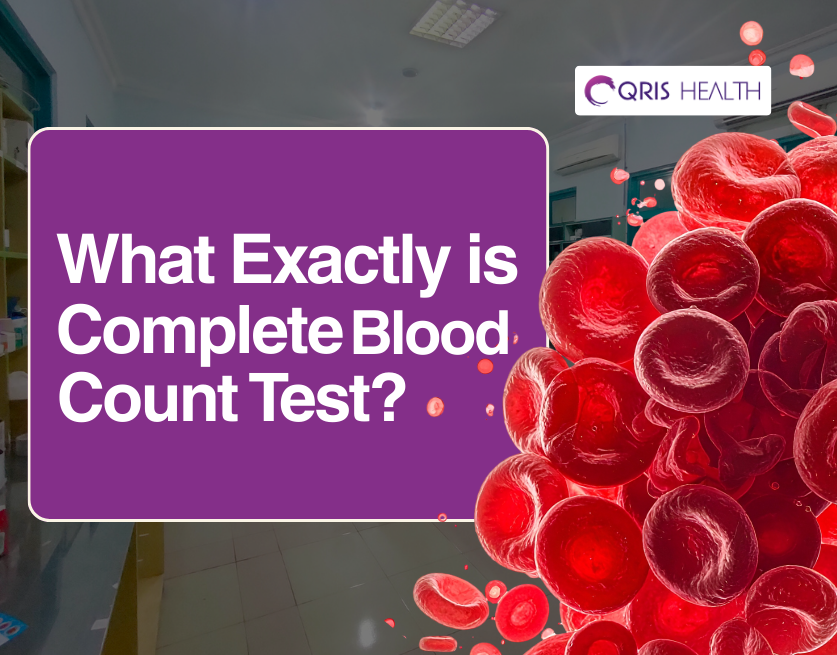The hemoglobin A1C test is also prominently known as the HB A1C test. It is a blood test that helps you diagnose and monitor diabetes levels. It lets you understand your average blood sugar levels for the past two or three months. It is a broader test compared to your typical at-home blood testing that measures your blood sugar levels anytime.
Why should you get a hb a1 c test done?
Hemoglobin A is a protein that is found inside your red blood cell, and it carries oxygen throughout your body. Glucose can stick to hemoglobin in your bloodstream, and the more glucose is available in your blood, the more it does, creating a better percentage of glycated hemoglobin proteins. When glucose sticks to your protein, it remains there for around 120 days. It means that glucose is attached to hemoglobin A, and it reflects the blood sugar level over the last two to three months. The test also measures how much glucose is stuck on hemoglobin A or what percentage is glycated. Around 7% of A1C means that 7% of hemoglobin proteins would be glycated.
Depending on why your healthcare expert is ordering this test, the blood sample would be obtained from your regular blood draw or just pricking your finger.
Testing for diabetes
Your healthcare expert will ask you to go for an A1C test if you are generally overweight or obese or have one or more risk factors for developing type 2 diabetes. Some risk factors include your parents with diabetes being physically inactive or high blood pressure. You might also have a history of cardiovascular diseases.
Most people generally have pre-diabetes first, then have type 2 diabetes. It means that the blood sugar is always higher than usual, but it is not increased to be diagnosed with diabetes. When you go for an A1C test, you can keep a tab on this condition. You must undergo screening for type 2 diabetes development if you were diagnosed with gestational diabetes while pregnant and it resolved after you had your baby. You should look to go for a pre-diabetes test every one to three years. The test is your best bet if you are a high-risk pregnant woman.
Diagnosing diabetes
If you have symptoms like urinating often, feeling thirsty, and drinking more water than average cuts or bruises that heal slowly, your healthcare expert might order this test for you. Some symptoms include weight loss, pain, or numbness in your hands or feet. Your doctor might also ask you for a random plasma glucose test. If you have all these symptoms, the test will measure your blood sugar level. If signs come on pretty suddenly and your healthcare expert suspects the onset of type one diabetes, then they would recommend you to go for a plasma blood glucose test instead of this.
At the same time, you should also check the hba1c test price before you go for the test. Once your healthcare provider recommends the test, they will let you know if you have to do a random plasma glucose test.
We Suggest following Test/Package related to this article
Full Body Checkup With Vitamin Screening
Go Back to Home Page

 Hba1c.jpg)




